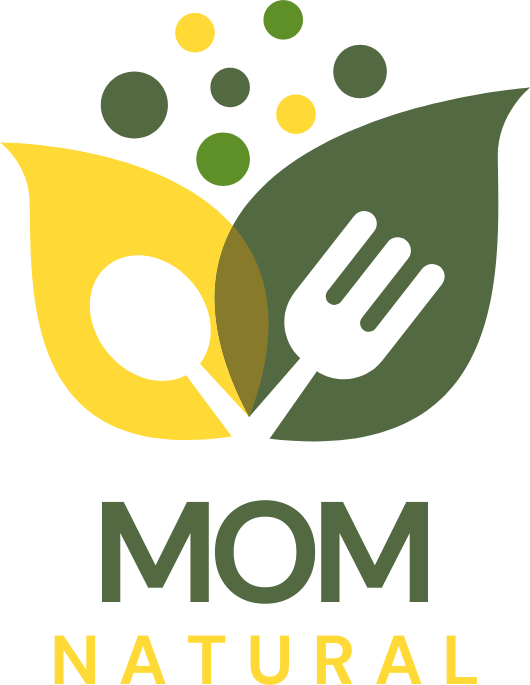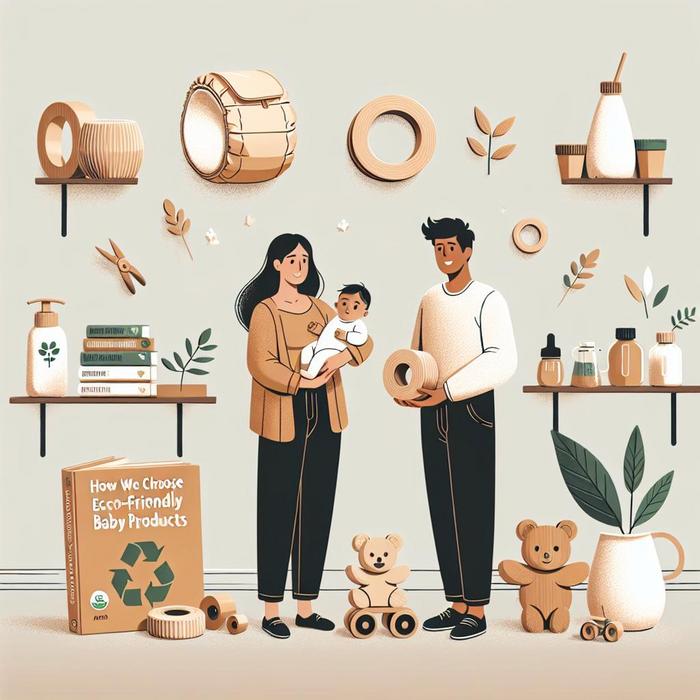How We Chose Eco-Friendly Baby Products: The Journey Begins
Becoming a parent is one of the most challenging and rewarding experiences in life. One of the things we realized when we had our first child was the influence we, as parents, had in shaping a sustainable future. While we were already living a fairly green lifestyle, we took on the challenge of choosing eco-friendly baby products as part of our sustainable parenting journey.
Making Mindful Choices: Why Opt for Eco-Friendly Baby Products?
Each decision we make about the products we use has an impact on the environment. With eco-friendly baby products, we reduce the toxic waste going into landfills, minimize the use of non-renewable resources, and ensure our child grows up in a healthier, safer environment.
But let’s be real. It isn’t always easy. There are countless baby products in the market and not all of them live up to their “green” claims. Plus, these eco-friendly alternatives often come with a higher price tag. But we found ways to overcome these challenges, and here’s how.
Our Strategy for Selecting Eco-friendly Baby Products
With some research, we found that selecting sustainable products didn’t have to burn a hole in our pockets. Here are our top three cost-effective tips:
- Invest in Quality Over Quantity: High-quality eco-friendly products are designed to last longer. They may cost more upfront, but they save money in the long run because you won’t need to replace them as often.
- Choose Multipurpose Items: Products that serve multiple functions save money and reduce waste. For example, a convertible crib that later serves as a toddler bed is a great investment.
- Buy Used Items: Purchasing used items not only saves money but also extends the life of a product, preventing it from ending up in a landfill. Plus, there are plenty of great places to find second-hand baby items in excellent condition.
Our Favorite Eco-Friendly Baby Products
Incorporating eco-friendly baby products into our lives was a gradual process. We started with the bigger items and slowly made substitutions for smaller ones. Here are some of our top picks:
- Non-Toxic Crib: We chose a non-toxic, eco-friendly crib made of solid wood without any harmful chemicals.
- Organic Baby Clothes: Organic cotton or bamboo clothing is free from harmful pesticides and chemicals. Plus, they’re super soft and comfortable for the baby.
- Reusable Diapers: With our first child, we used cloth diapers and found it to be cost-effective and eco-friendly. They require an initial investment but save a ton of money (and waste) in the long run.
We’ve learned that mindful parenting isn’t about perfection, but progress. It’s about making the best choices we can, with the information and resources we have, for the sake of our children’s future. As we continue our green living journey, we look forward to discovering more sustainable, eco-friendly baby products and sharing our findings with you.
Adjusting Our Lifestyle: Moving Beyond Products
We’ve discovered that embracing an eco-friendly lifestyle extends beyond just buying eco-friendly baby products. It also led us to reconsider our habits and routines. We started asking different questions, like:
- “Can we reduce our overall consumption?”
- “How can we use resources like electricity, water, and heat more wisely?”
- “Can we reduce waste in ways we didn’t recognize before?”
It’s a continuous process, but we’re confident that our small actions will create a more sustainable world for forthcoming generations.
Educating Ourselves: Resources and Research
We didn’t embark on this journey blindly. We started by seeking out knowledge – conducting extensive research, collaborations with eco-conscious fellow parents and learning from experts in sustainability. From these engagements, we learned about:
- The harmful effects of chemicals used in standard baby products.
- The benefits of cloth diapers over disposable ones.
- The impact that manufacturing processes have on carbon emissions.
Our goal was and remains, to make informed decisions. We advocate for all parents to do their due diligence and learn about the wider influences of their product choices.
Choosing Nutrient Dense, Eco-Friendly Baby Foods
Choosing eco-friendly baby products extends to food choices as well, particularly when our little one began to wean. We started to delve into the world of organic baby foods. We looked for products with:
- Pure, high-quality ingredients.
- No synthetic fertilizers or pesticides used in the agricultural process.
- Sustainable farming methods used to grow the ingredients.
We complemented store-bought food with home-made meals. We started a small organic garden at home, nurturing our baby with fresh fruits and vegetables straight from our backyard.
Investing in Eco-Friendly & Biodegradable Baby Essentials
We also found value in investing in baby essentials that were kind to the Earth. One of our noteworthy finds were these biodegradable baby wipes.
Unlike the regular wipes that contribute to landfill waste, these biodegradable options break down over time, reducing their environmental impact. They might be slightly more expensive, but we considered it a long-term investment for our future and more importantly, our child’s future.
Considering the Financial Implications
We understand that shifting to an eco-friendly, sustainable lifestyle may not seem financially feasible for all families. Indeed, it was a concern for us too. That’s why we created and followed a baby budget, to make sure our decisions were not just good for the planet, but also good for our pocket.
Building a Sustainable Baby Registry
We also found this helpful guide on building a minimalist, eco-friendly baby registry. It guided us on what to buy, what to borrow, and what to pass on for now. Ultimately, it’s about curating a list that suits your needs without compromising your core values.
Every significant change starts with a single step, and for us, it was choosing eco-friendly baby products. We are thrilled to continue our journey towards a greener life, and hope our experiences and insights inspire you to embrace an eco-conscious lifestyle.

